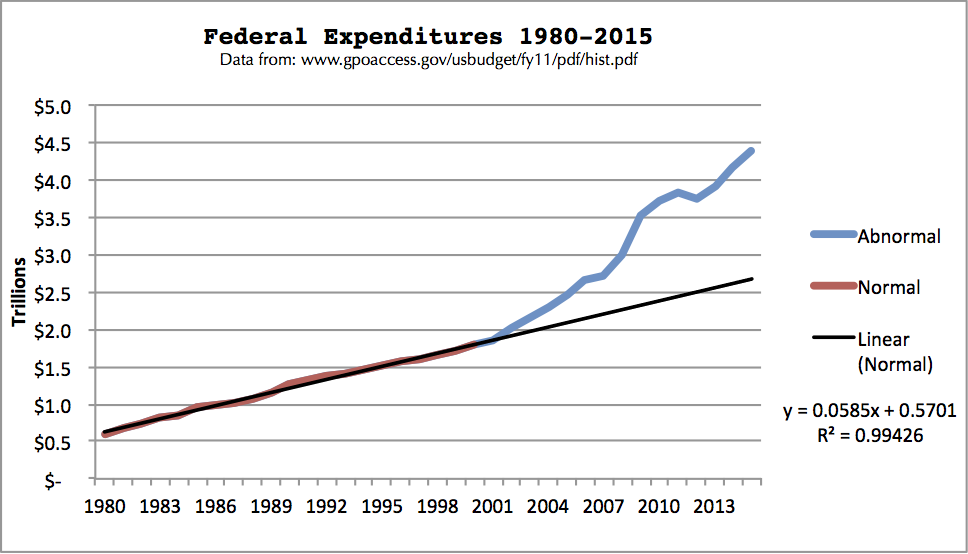I wish someone would explain the objective criteria used to define “fair share” as it pertains to taxation. This term is used indiscriminately by those that assume everyone else’s internal fairness meter must be the same as theirs. Unfortunately “fair share” is not an objective standard, nor is it a subjective standard either because it’s not even a standard at all. It is merely subjective whim masquerading as some golden absolute. The peg of “fair share” moves to whatever arbitrary point will bring in enough revenue to pay for whatever government largesse the proponents are seeking to fund. It is a completely backwards approach to budgeting that always leads to debt and/or higher taxes. It is based on the faulty premise of spending driving revenue requirements vs the economically sound approach of fixed revenue driving permissible spending.
The various tax systems (income, sales, property) today are a cesspool of unfairness from which we will never find a “fair share” lurking beneath their depths. The income tax system is based on a foundation of fostering wealth redistribution and behavior modification using the carrot/stick model. For example, every time someone gets a deduction or credit on their taxes it is because they are engaging in behavior the government wishes to promote (“there boy, good boy, you’ve been a good doggy”) and those that don’t get those deductions or in fact pay extra surtaxes are engaging in behavior the governments finds objectionable (“bad dog, bad dog!”). Deductions and incentives are one form of tax unfairness as they benefit one group at the expense of another. The other more sinister form of tax unfairness is progressive income taxation. There is no rational basis upon which one can argue that as one obtains more income they have progressively less right to keep that income. Few today realize that the idea of a progressive income tax is one of the primary tenets of communism*, its sole purpose being to destroy all wealth so as to more rapidly bring about the utopian order of the perfectly “fair’ communist society where all are “equal”. Oh, and yes, I did say “rational basis” for an argument. I don’t include the irrational ones like the argument that society has a right to tax the wealthy more because the only reason they are wealthy is because they have had at their disposal all the wonderful manna that has fallen from government run heaven (e.g. roads, public education, court system, etc). So, if all these things are what made wealthy people wealthy, then why isn’t everyone wealthy? These things are available to everyone, right? Or more to the point, based on this twisted logic one could argue that any tax rate imposed on the wealthy is fair. The argument doesn’t tie the value of these government services to some specific tax % therefore this argument can be employed for any tax %. Reductio ad absurdum.
When it comes to taxation the question of fairness must be broken down into two components: (1) the method and (2) the measure. To be considered fair the method must be (a) universal and (b) inescapable. A universal method is non-discriminatory and applies to every single citizen or non-citizen resident. Every. Single. One. An inescapable system is sufficiently transparent that it is not possible to hide one’s tax obligation. There is one tax system that would be universal and inescapable (hint: it’s not a sales/consumption/VAT tax). But, you’ll just have to wait until next week for the exciting conclusion when I reveal the identity of this new system and how it dovetails perfectly with the second component of tax fairness: measure.
* Manifesto of the Communist Party, Marx K., Engels F., 1848, Chapter 2.
